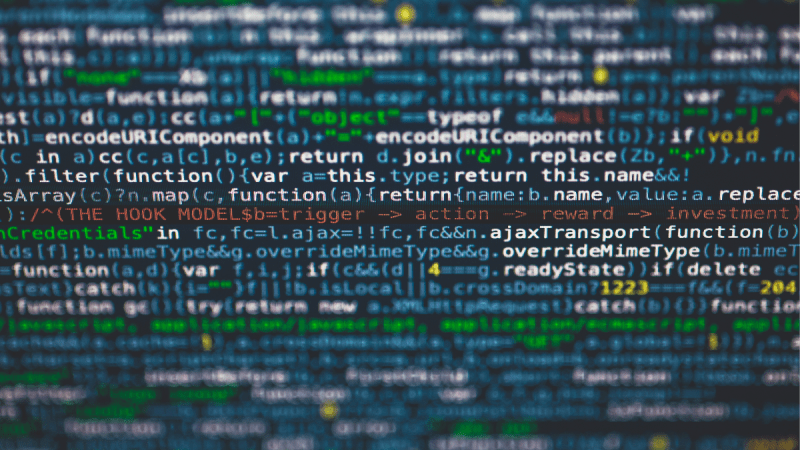What Is PCI Compliance & Who Does The PCI Scan & Is It Mandatory?

What Is PCI Compliance & Who Does The PCI Scan & Is It Mandatory?
PCI Compliance, or Payment Card Industry Compliance, refers to the set of security standards that all companies must follow to protect their customers’ credit card information. These standards were created by major credit card companies to prevent data breaches and fraudulent activities, and they apply to any business that accepts credit card payments.
To achieve PCI compliance, a business must meet certain requirements outlined in the Payment Card Industry Data Security Standard (PCI DSS). These requirements include maintaining a secure network, protecting cardholder data, regularly monitoring and testing networks, and implementing strong access control measures.
One way to demonstrate compliance with PCI DSS is to perform a PCI scan, also known as vulnerability scanning. This involves an automated test to identify any vulnerabilities in a company’s information technology infrastructure and computer systems that could be exploited or threatened.
To perform a PCI scan, a business can use a third-party vendor that specializes in this type of testing. The vendor will scan the company’s systems for vulnerabilities and generate a report outlining any issues that need to be addressed to achieve PCI compliance.
In summary, PCI Compliance refers to the security standards that all companies must follow to protect credit card information. To achieve compliance, businesses must meet certain requirements outlined in the PCI DSS and perform regular PCI scans to identify any vulnerabilities in their systems.
Who Perform PCI Scan
PCI Scan, also known as vulnerability scanning, is an essential aspect of achieving PCI Compliance. There are different vendors that offer PCI Scanning services to help businesses achieve compliance with the Payment Card Industry Data Security Standard (PCI DSS).
The PCI Security Standards Council maintains a list of approved scanning vendors (ASVs) that offer external vulnerability scanning solutions adhering to PCI requirements. These ASVs are tested and approved by PCI SSC before being added to the list. By working with an ASV, businesses can validate their compliance with PCI DSS Requirement 11.2.2, which requires quarterly external vulnerability scans [2].
One such PCI ASV is Qualys, which is certified to help merchants and their consultants achieve compliance with the PCI Data Security Standard. Businesses can use Qualys’ PCI Compliance service to run PCI compliance scans and complete PCI self-assessments. Other vendors that offer PCI Scanning services include Tenable, McAfee, and Rapid7.
In summary, there are several vendors that offer PCI Scanning services to help businesses achieve compliance with PCI DSS. These vendors, including approved scanning vendors like SecurityMetrics, Qualys, Tenable, McAfee, and Rapid7, provide external vulnerability scanning solutions that adhere to PCI requirements.
Is PCI Scan Mandatory
Doing a PCI scan is not mandatory by law, but it is highly advisable for businesses that process credit or debit card transactions to follow the regulations set by the Payment Card Industry Security Standards Council (PCI SSC) to avoid potential data breaches and non-compliance fees. However, banks or payment institutions may require regular PCI scans by an Approved Scanning Vendor (ASV) to eliminate threats to website subdomains, add-ons, applications, and payment processors. For PCI compliance, both external ASV scans and local vulnerability scans are required, and ASVs only perform external security scans. PCI certification is also considered the best way to safeguard sensitive data and information, thereby helping businesses build long-lasting and trusting relationships with their customers.






